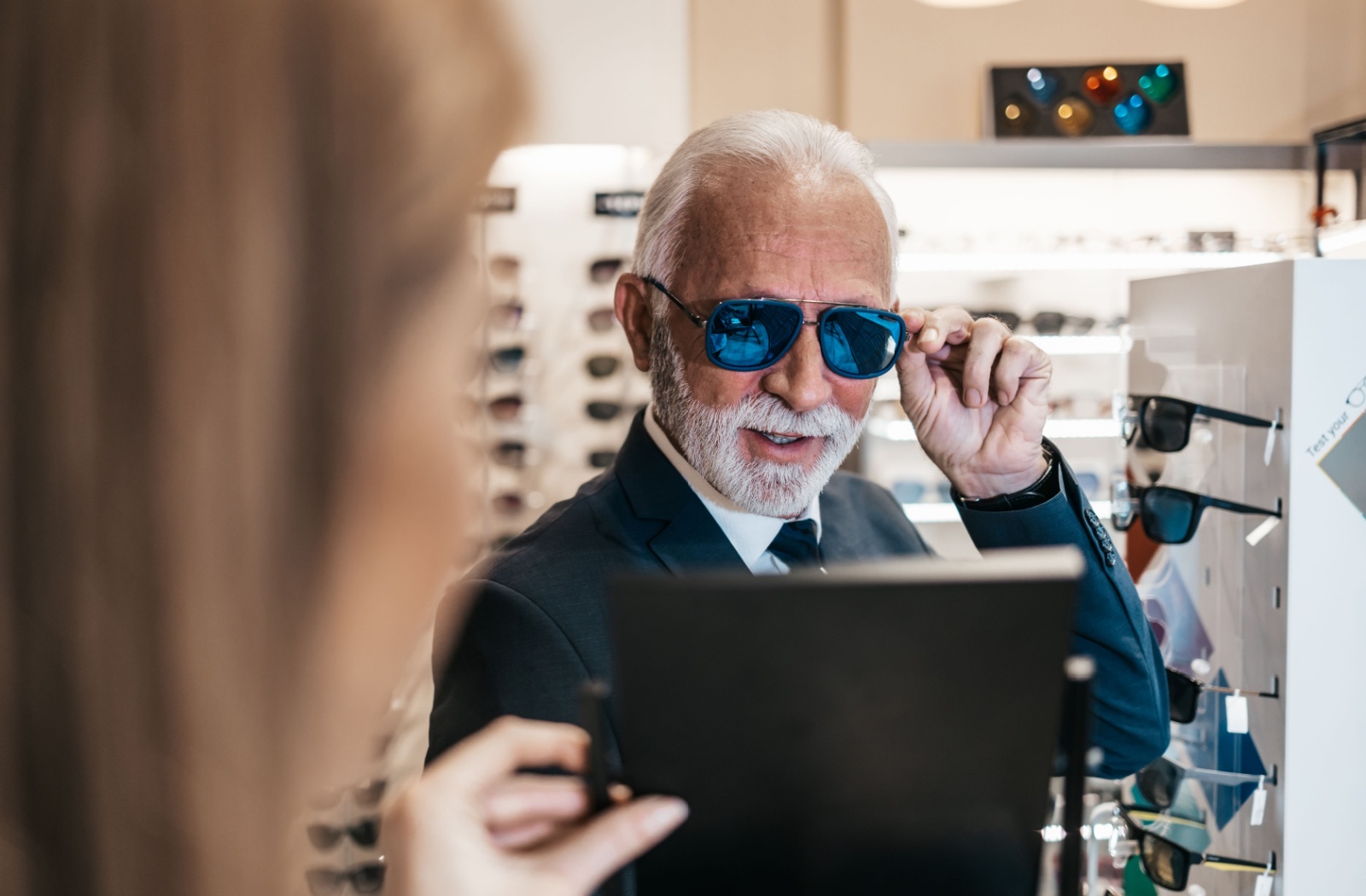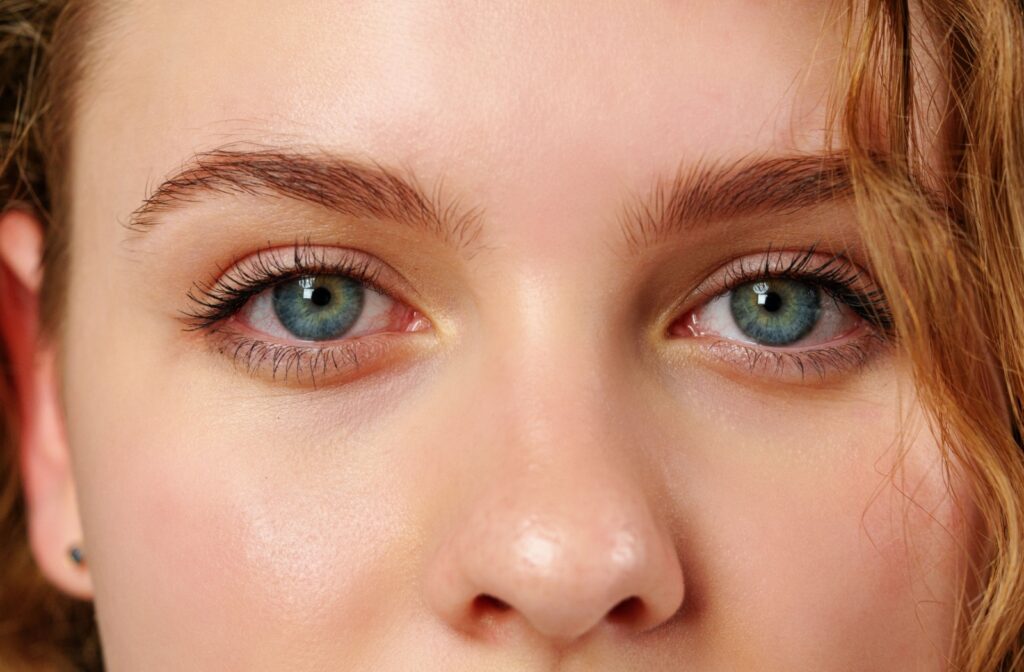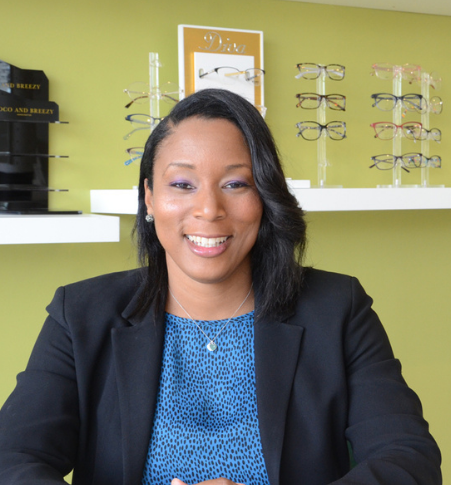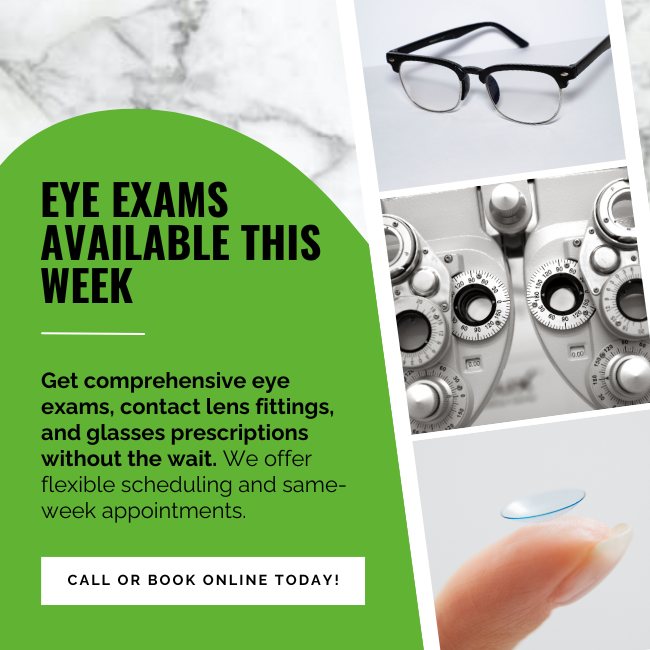If you’ve ever wondered whether your blue eyes are more sensitive to light, you’re not the only one. Light sensitivity is a common concern, particularly for those with lighter-colored irises. The short answer is yes—people with blue eyes tend to be more sensitive to light.
This heightened sensitivity occurs because blue eyes have less melanin, the pigment that gives color to our eyes and helps filter out light.
With less natural protection, individuals with blue eyes often experience discomfort in bright sunlight or harsh indoor lighting. But don’t worry—there are practical steps you can take to manage this sensitivity, such as wearing sunglasses with UV protection and scheduling regular eye exams.
The Role of Melanin in Eye Color & Light Sensitivity
Eyes come in an array of unique shapes, sizes, and colors. These differences make each person’s eyes distinct, ranging from deep browns to striking blues.
The color of our eyes is determined by the amount and distribution of melanin in the iris. Melanin is a pigment that also gives color to our skin and hair. People with darker eyes have more melanin in their irises, which helps to filter out more light. Conversely, those with lighter eyes, such as blue or green, have less melanin and less natural protection against bright light.
Apart from defining eye color, melanin plays several key roles:
- It acts as a barrier against harmful UV radiation by absorbing and dispersing these rays, thereby lowering the risk of damage to sensitive internal eye structures, like the retina.
- During fetal development, melanin is essential for the proper formation and maturation of the optic nerve and the brain’s visual pathways, ensuring these pathways develop adequately.
- It helps mitigate the effects of oxidative stress caused by free radicals, particularly in the retina, which contributes to protecting the eyes from damage and disease.
If you have light-colored eyes, you might naturally have less protection against intense light and glare. However, you are not without defenses. Your eyes can adapt by squinting or adjusting the size of the pupil to manage light sensitivity. Additionally, wearing sunglasses or hats can provide extra protection from excessive sunlight.
How Light Sensitivity Affects Eye Health
While increased sensitivity to light might seem like a minor inconvenience, it can have implications for overall eye health. For example, individuals with light-colored eyes are more susceptible to conditions like macular degeneration, a disease that affects the central part of the retina and can lead to vision loss. Additionally, they may be at a higher risk for developing cataracts, which is the clouding of the eye’s natural lens.
Prolonged exposure to bright light without adequate protection can cause strain and discomfort, leading to headaches and even migraines. In extreme cases, excessive UV light exposure can increase the likelihood of developing eye cancers.

Eye Care Tips for Individuals with Blue Eyes
If you have blue eyes, there are several steps you can take to protect your vision and reduce light sensitivity:
Wear Polarized Sunglasses with UV Protection
One of the simplest and most effective ways to protect your eyes from harmful UV rays is to wear sunglasses that offer 100% UV protection. Look for sunglasses that block both UVA and UVB rays.
Polarized sunglasses are highly effective for people with blue eyes and light sensitivity because they reduce glare, enhance visual comfort, and minimize the discomfort caused by bright light exposure. They work by filtering out reflected horizontal light—a primary source of intense brightness, making them a great option for outdoor activities!
Use Anti-Reflective Coating on Eyeglasses
If you wear prescription glasses, consider adding an anti-reflective coating to your lenses. This coating reduces glare from artificial lighting and computer screens, making it easier to see and reducing eye strain.
Take Regular Breaks from Screens
In today’s digital age, screen time is almost unavoidable. However, prolonged exposure to blue light from screens can exacerbate light sensitivity. Follow the 20-20-20 rule: every 20 minutes, take a 20-second break to look at something 20 feet away. This helps to reduce eye strain and keep your eyes comfortable.
Get Regular Eye Exams
Routine eye exams are crucial for maintaining eye health, especially if you have light-colored eyes. At River City Vision Center, our expert optometrists offer comprehensive eye exams that can detect early signs of eye conditions and ensure your eyes are healthy. Regular check-ups allow for timely intervention and treatment, helping to preserve your vision.
Consider Dry Eye Therapy
Individuals with blue eyes may also experience dry eyes, which can exacerbate light sensitivity. River City Vision Center offers specialized dry eye therapy to alleviate symptoms and improve eye comfort. Treatments can range from lubricating eye drops to more advanced options like punctal plugs or prescription medications.
Embrace a Healthy Vision Lifestyle
Adopting a proactive approach to eye care can make a significant difference in managing light sensitivity and maintaining overall eye health. Here are a few additional tips to consider:
- Stay Hydrated: Drinking plenty of water helps to keep your eyes moist, reducing the likelihood of dryness and irritation.
- Eat a Balanced Diet: Foods rich in vitamins A, C, and E, as well as omega-3 fatty acids, are beneficial for eye health. Consider incorporating leafy greens, fish, and nuts into your diet.
- Use Adequate Lighting: Ensure your living and working spaces are well-lit with soft, diffused lighting to minimize glare and reduce eye strain.
River City Vision Center: Your Partner in Eye Health
While blue eyes are indeed more sensitive to light due to lower melanin levels, there are plenty of ways to manage this sensitivity and maintain excellent eye health. By following the tips outlined above and seeking regular professional care from River City Vision Center, you can enjoy clear, comfortable vision every day.
To learn more about our services or to schedule an appointment, visit us at our locations in Jacksonville and Orange Park. Let us help you keep your eyes healthy and comfortable, regardless of their color.





